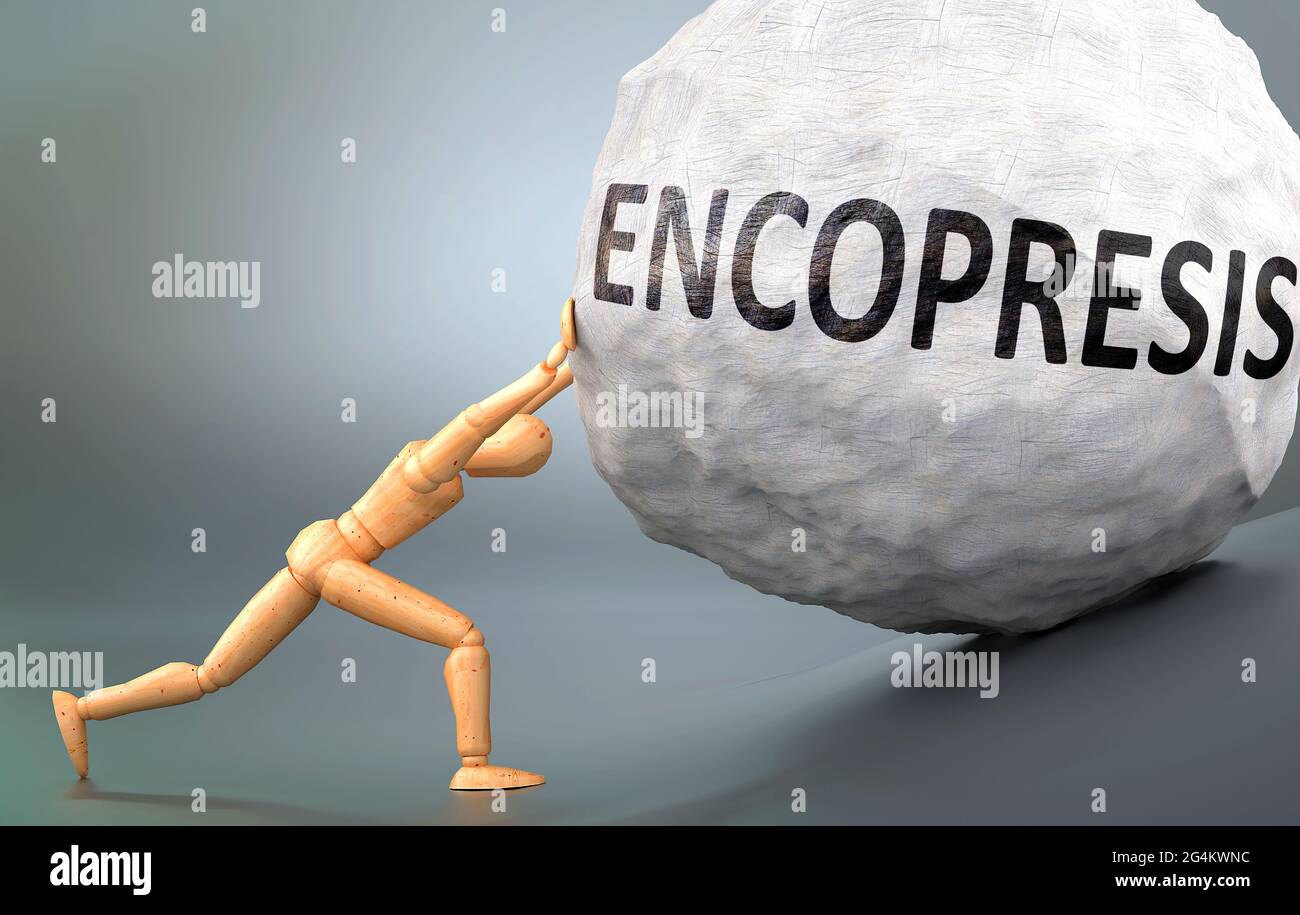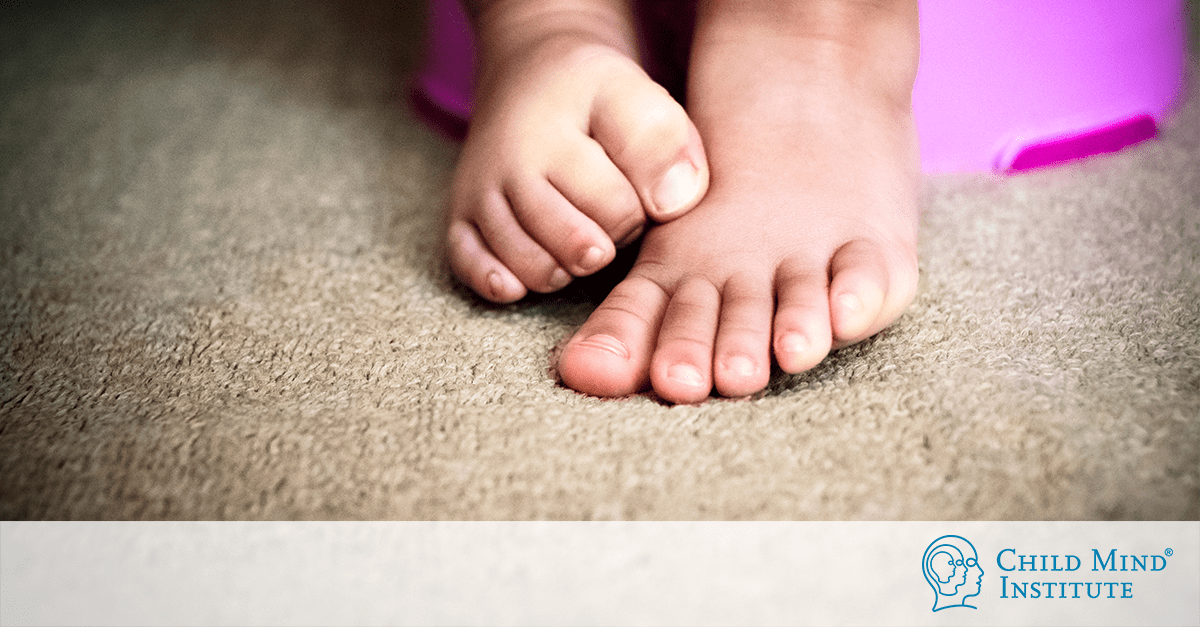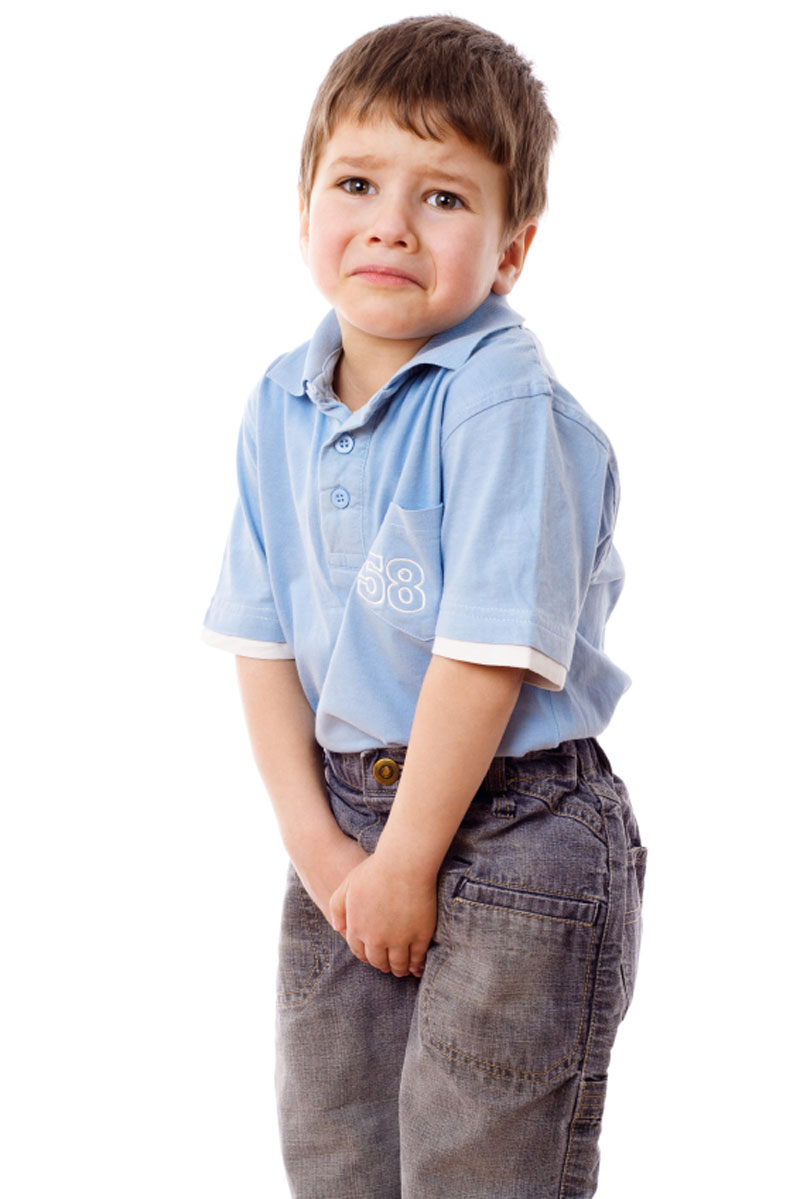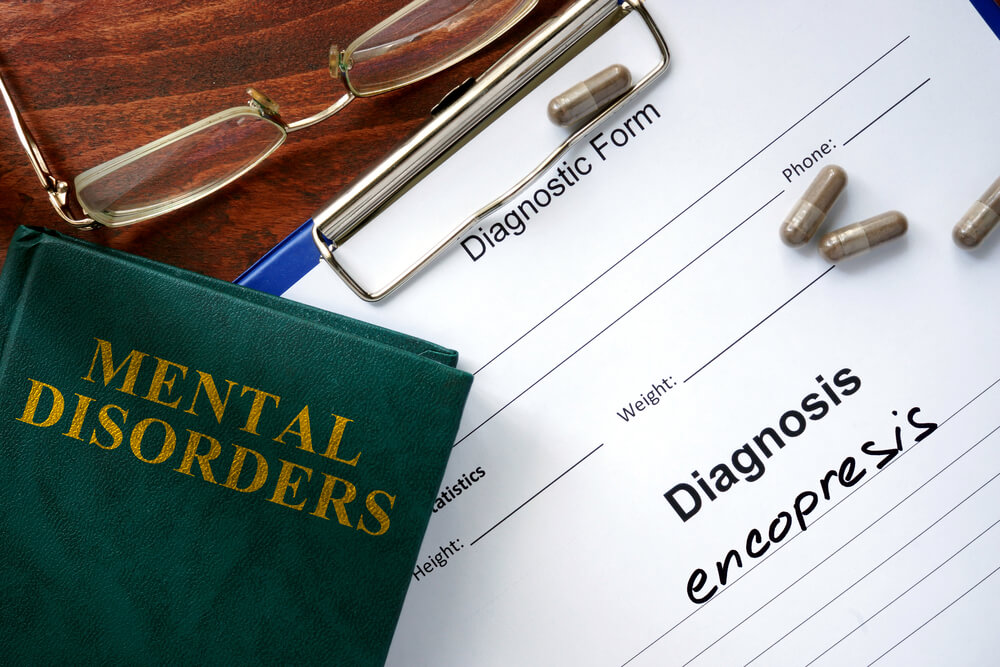Beautiful Work Info About How To Deal With Encopresis

Most cases of encopresis are the result of chronic constipation.
How to deal with encopresis. Encopresis affects 1 to 3 percent of children, with higher rates in boys than in girls. School nursing / methods*. Not having regular bowel movements.
It leads to frustration and anxiety in both parents and children. This will likely include a 'clean out' regimen of enemas,. 1, 2 however, encopresis may go undetected unless health professionals directly inquire.
Feeling bloated or experiencing pain in their abdomen or stomach. Psychological counseling for these children helps them deal with. A child passes feces—involuntarily or on purpose—into clothing, on the floor, or in other.
Children with encopresis, also called soiling, have bowel movements or leak a small amount of stool in their underclothes or on themselves. As a result, the child avoids going to the. Educating the child and family about the disorder is another important part of.
Hiding soiled clothes. Ask question asked 9 years, 10 months ago modified 6 years, 6 months ago viewed 9k times 3 our son has. Encopresis (or faecal soiling) is one of the most frustrating difficulties of middle childhood, affecting approximately 1.5% of young school children (von gontard, 2013).
Encopresis is a medical condition that is associated with incontinence in children. The goal of encopresis treatment is to prevent constipation and encourage good bowel habits. Figure 1 treatment of chronic functional constipation and fecal incontinence in infants and children, george d ferry, up to date 2011.
Some youngsters have significant behavioral and emotional difficulties that interfere with the treatment program. In constipation, the child's stool is hard, dry and may be painful to pass. How to deal with encopresis in primary school?
This means that they regularly do poos in places.

















